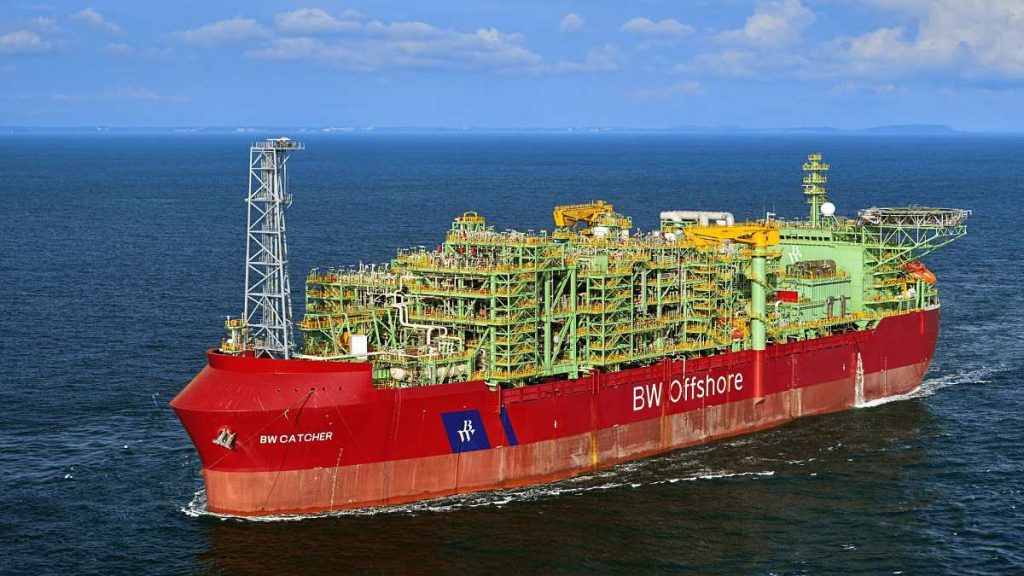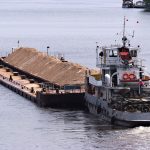This may not seem pretty much like the name of a type of ship but actually FPSOs are very useful especially in the offshore oil and gas industry. Just read and learn more about FPSO in this article
FPSO – What its all about?
We have been studying different types of ships and have taken a look at bulk cargo carriers, container ships, refrigerated products ships, DP Ships, Tankers, Ro-Ro carriers and Cruise Liners. Now we will proceed to take a look at a ship type which many of you may not have even heard of namely an FPSO ship.
An FPSO stands for Floating Production Storage and Offloading and you need to understand a little about oil production before delving into the study of FPSO. Oil found inside the sea is taken out using production platforms which are within sufficient distance of the shore. The oil extracted from there needs to be transported to refineries for processing or transporting it elsewhere for sale as the case may be. So either we need to lay pipelines from the production platforms to the shore or we need to regularly transport the crude oil using ships from the platforms to the shore.
The first option of laying pipes may not be very attractive for various reasons. Pipeline laying is quite complicated and costly and hence the economics of laying the pipelines may not be a practical solution for short term oil fields which would get exhausted soon. If proper tanker ships are used for transporting oil from the platform to the shore it will also be a costly alternative since most of the times the ship would be standing idle waiting for the tanks to get full.
Hence a midway approach is adopted where neither pipelines are laid down nor operational ships are used. Instead an old tanker (the technical term for it is decommissioned tanker) is used for the purpose by stripping it down and just having sufficient equipment for mooring it. So basically you have a floating tank arrangement where oil is stored until it gets filled. Then a normal working tanker ship can offload oil from the FPSO unit and transport it to the required place.
Some of the FPSOs do have partial separation equipment while others may not have it. also FPSOs can be divided into FSO and FSRUs. The former is an FPSO without any processing capability while the latter can be use for LPG storage in the liquefied state.

It is not necessary though that only old ships are converted into FPSOs but they can be specifically built for the purpose as well.
The image in the picture below shows the design proposed by this team for the conventional ship shape type FPSO while the other one below it shows the square shape proposed for the FPSO.




